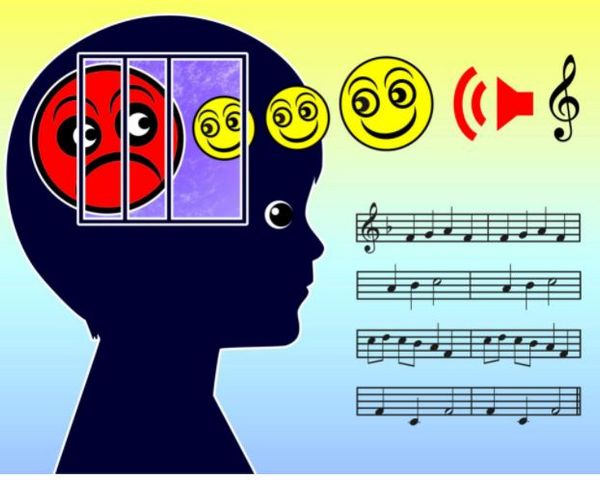COPING WITH RISING CRIME THROUGH MUSIC EDUCATION

By Dr. Joan Spicknall
Anyone turning on the news today can't escape the shock and reality of rising crime throughout our country. In America, our underlying sense of security has been seriously shaken and undermined. We struggle daily to restore balance, order, and harmony to our lives while searching for answers to why and how increasingly prevalent crime can exist in a world where humanity has so much in common.
It has been a great consolation for many people to participate and partake in musical activities such as lessons, classes, and concerts, not only for enjoyment but also for healing purposes. There have been many musical events and benefit concerts that have taken place, virtually and in-person, since the pandemic took over lives more than a year ago.
Virtual Music events can provide an escape from reality or a way of coping with a crime in a positive emotional “blood-letting?” Joseph Addison, in “A Song for St. Cecilia’s Day,” described music eloquently in rhyme: “Musick, the greatest good that mortals know, And all of heav’n we have below.”
Perhaps music, say some psychoanalysts, conjures up “longings for the lost paradise of oral infancy”; it takes us back to the “primary period when the maternal voice conveyed loving reassurance.” Others have ascribed feelings of being in a tranquil state of bliss when listening to or making music; being at one with mankind, the world and oneself.
Anthony Storr, in his book, Music and the Mind, alluded to Schoppenhauer’s description, which stated that, “It is certainly true that a great performance of great music can temporarily uplift us, remove us from all our anxieties and enable us to escape ‘entirely from all our affliction.’
“Philosophers have thought that music enabled a listener to escape the pains of existence by temporarily entering a realm of peace. This is refreshing, because it permits the same kind of scanning , sorting and rearrangement of mental contents which takes place in reverie or in sleep…When we take part in music, or listen to an absorbing performance, we are temporarily protected from the input of other external stimuli. We enter a special secluded world in which order prevails and from which the incongruous is excluded. This is a beneficial state rather than an escape from reality.”
In his book, A Common Sense View of All Music, John Blacking wrote under the heading, “The Power of Music”: “The development of the senses and the education of the emotions through the arts are not merely desirable options. They are essential both for balanced action and the effective use of the intellect.”
Enrolling in Music Education programs virtually or in person is a way to restore harmony and peace in an ever-changing world.
Copyright 2021 by Dr. Joan Spicknall
About the Business
Have a question? Ask the experts!
Send your question

